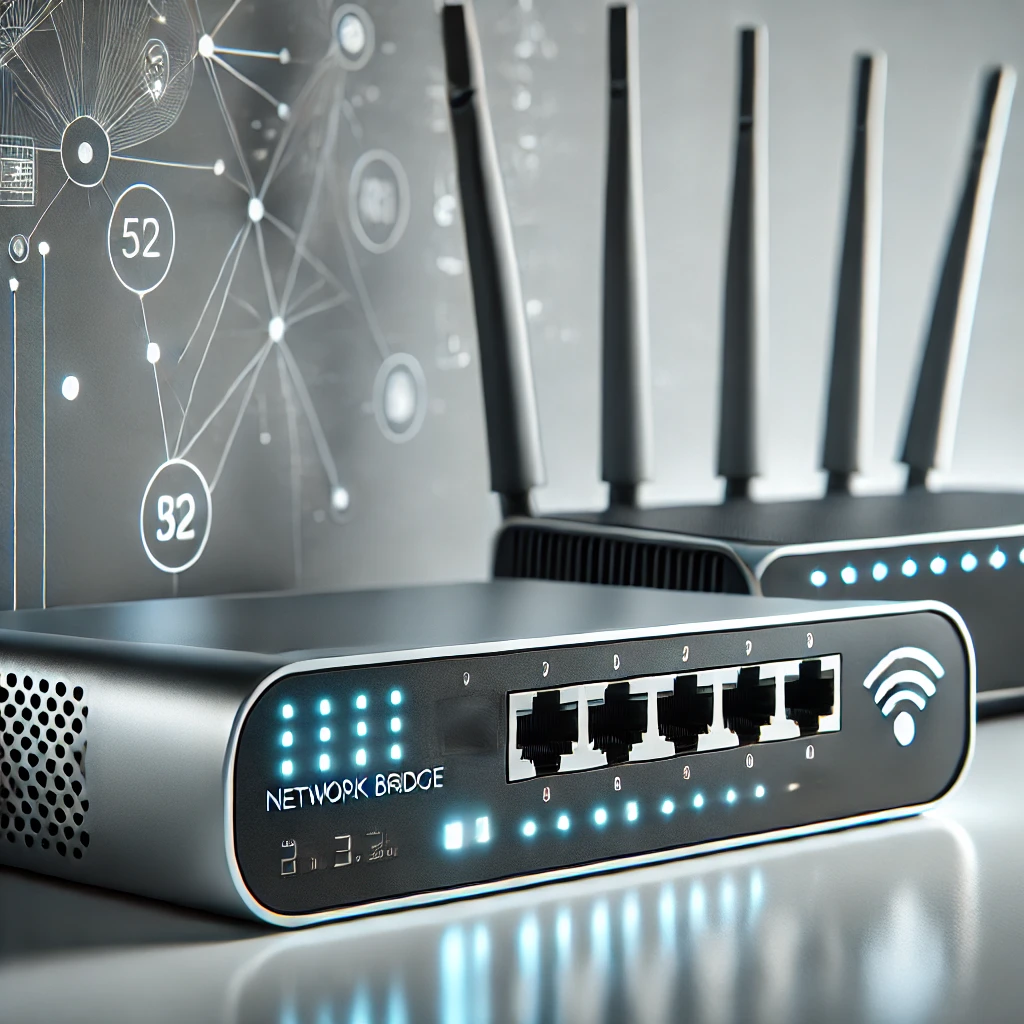Bridges vs. Routers: Navigating Network Connections

In the world of computer networks, efficient communication between devices is essential. Two critical devices that make this possible are bridges and routers. While they may seem similar at first glance, their functions, applications, and impact on network performance differ significantly. Understanding these differences can help businesses and tech enthusiasts optimize their network infrastructure.
What is a Bridge?
A bridge is a network device designed to connect two or more segments of a local area network (LAN). Its primary function is to filter traffic, reduce network congestion, and extend the range of a LAN. Bridges operate at the data link layer (Layer 2) of the OSI model, which means they use MAC addresses to forward data between network segments.
Unlike, Bridges & Routers do not assign IP addresses or perform complex routing. They are most effective in smaller networks where managing traffic between multiple segments is crucial. By analyzing incoming data and forwarding it only when necessary, bridges improve network efficiency without adding significant complexity.
What is a Router?
Routers, on the other hand, operate at the network layer (Layer 3) and are responsible for directing data between different networks. Unlike bridges, routers assign IP addresses, manage traffic across multiple networks, and determine the best path for data packets. They are essential for connecting local networks to the internet or linking multiple LANs in larger organizational setups.
Routers often come with additional features such as firewalls, DHCP servers, and VPN support. These capabilities make them more versatile than bridges and crucial for maintaining secure, scalable, and well-organized networks.
Key Differences Between Bridges and Routers
The main difference between bridges and routers lies in their scope and function. Bridges are limited to connecting and managing traffic within LAN segments, making them ideal for smaller networks. Routers, however, are designed to connect diverse networks and manage data flow across vast infrastructures, such as connecting a corporate network to the internet.
While bridges focus on efficiency and reducing local congestion, routers focus on intelligent routing, network security, and interoperability. Choosing the right device depends on your network’s size, complexity, and performance requirements.
Conclusion
Both bridges and routers play indispensable roles in modern networking. Bridges ensure smooth communication within localized networks, while routers handle complex routing between multiple networks, including the internet. Understanding their distinct functions allows network administrators to build efficient, secure, and high-performing network systems.
- Art
- Causes
- Crafts
- Dance
- Drinks
- Film
- Fitness
- Food
- Παιχνίδια
- Gardening
- Health
- Κεντρική Σελίδα
- Literature
- Music
- Networking
- άλλο
- Party
- Religion
- Shopping
- Sports
- Theater
- Wellness



